Dan Fitz-Patrick is the first history teacher who has ever dared me to question America’s melting pot metaphor. During his lesson on the Gilded Age and immigration, Fitz-Patrick asked our class to decide if America is a melting pot of cultures, or a salad, a tossing together of cultures. He also asked us if maybe the cultural diversity of America is too complicated to be summarized in a metaphor.
When it comes to history, the correct answer is almost always “it’s complicated.” These food metaphors are way too simple; they make American diversity sound like a peaceful blending of cultures. The phrase “melting pot” makes me think of caramel, and I know the history of diversity in America is not so sweet.
When discussing diversity in America, you have to consider the heaviness of the history behind it all. You can talk about the Germans, Italians, Russians, and the Irish, but you must also talk about the African-Americans and the indigenous— the Latin Americans, the American Indians, the Hawaiians. You can talk about the Chinese chasing the California Gold Rush, but you must also talk about the Chinese Exclusion Act and the racism and cultural suppression that comes with that. And you must talk about the impact of this in modern America.
America likes to glorify the struggles of past immigrants by promoting the idea that they were sort of saved by the American dream. That’s why the melting pot metaphor is so popular; it makes diversity this country’s prideful asset.
I think that America only values ethnic and cultural diversity if it benefits those in power and those with privilege, which are, for the most part, white Americans. I think that the diversity in America is oversimplified; I believe that diversity in America is given a romanticized definition of it being the result of foreigners seeking freedom and opportunity. Not that the previous statement is untrue, but diversity as the result of white imperialism is an aspect of American diversity that is often ignored. The way this diversity is dealt with today is overlooked as well.
With immigration came diversity, and with diversity came ghettos. These ethnic enclaves are the result of systemic racism— racism that manifests itself into multitudes of issues, like disparities in economic mobility, education, and opportunity between races. At the same time, these ethnic enclaves preserve the culture and community among immigrants, and they have long served as homes for people of color.
But for white people, ethnic neighborhoods are tourist attractions at best and crime-ridden and poverty-stricken (“ghetto”) at worst. The things these ethnic enclaves provide are only valued if it is useful and not harmful to white people. It seems as though white people care about the (‘cool’ and ‘trendy’) culture of these neighborhoods more than they care about the social issues damaging the neighborhoods’ communities. For example, look at Little Tokyo, one of the most popular ethnic neighborhoods in Los Angeles. People love Little Tokyo; it’s got ramen that’s not just from the package, stores filled with Pocky and Ramune, cutesy stationary and Studio Ghibli toys. Yay, Japan!
Little Tokyo neighbors Downtown Los Angeles and the Arts District, two areas in Los Angeles that are becoming increasingly popular to live in (i.e., studio apartments there are now averaging $2,000/month). Interest in Little Tokyo is rising as well, now that it’s deemed as less of a ghetto and more of a cultural experience. White people are beginning to move into the neighborhood and demand for housing in Little Tokyo is increasing. Rents are skyrocketing, and Japanese-Americans are being pushed out. Japanese culture is accessorized as a cute and quirky accessory for white business and living. White people are bringing new developments, new shops and new cafes, and the small, Japanese-owned restaurants and markets that essentially were the pillars of Little Tokyo since its very beginning are being forced out of business. This is called gentrification, a profit-driven means of dismissing and displacing current occupants to pave the way for the wealthier class. It’s subtle colonization and it’s happening everywhere, from Los Angeles’ Little Tokyo and Lincoln Heights to Harlem, New York. This is what I mean when I say America doesn’t care about diversity unless it’s profitable. America doesn’t care about the people of color, America cares about commercializing the cultures these people brought with them and fought to preserve over centuries of forceful assimilation.
What made me angry enough to write this was the Dole Pineapple commercial I watched while waiting in line to buy ice cream at Disneyland. The ad mainly emphasized how great Dole Pineapple tastes as it showed a Hawaiian woman serving pineapple at a luau. The narrator also went on to talk about James Dole and how he “revitalized” the Hawaiian economy with his pineapple plantations. I didn’t really understand why I was mad at first, but while I was sitting in the Tiki Room, eating my Dole Whip and listening to the crowd sing along with the robot birds, “in the tiki tiki tiki tiki tiki room” over and over and over again, I had my realization.
I was mad, I am mad because that commercial was lying to me. Dole wasn’t a hero and he wasn’t saving the Hawaiians. The United States stole the islands from the Hawaiian Kingdom because businessmen and sugar planters saw great economic potential there. James Dole’s cousin, Sanford B. Dole, was one of the drafters of the new constitution that the Hawaiian king was violently forced to sign. This constitution essentially diminished the power of the Hawaiian monarchy and the rights of indigenous Hawaiians. America overthrew and colonized the Hawaiian kingdom, capitalized on the stolen land and used the Hawaiian people for plantation labor. Now America flaunts its Hawaiian Islands. America commercialized Hawaiian culture so much that it seems “Hawaiian” is regarded more of a party theme than culture and ethnicity.
The American government didn’t care about the Hawaiians when it robbed them of their homes and destroyed sacred lands, and today the American government still injures the Hawaiian community by exploiting their culture and benefiting off of it through tourism. And gentrification isn’t just a mainland thing; it afflicts Hawaii as well. Housing prices on the islands are increasing as more and more of the wealthy are moving to this “exotic escape.” The U.S. government did issue a formal apology to the native Hawaiians a few decades ago, yet it means nothing when Hawaiian culture is still being misused for white profit.
It seems that diversity is just an accessory to white people; It exoticizes their aesthetic. Diversity is a beautiful thing for white America because it is profitable. But diversity takes on a whole new meaning for people of color. It is beautiful because if you are a person of color in America, diversity becomes a necessity. Considering America’s racist and brutal foundations, with the country being borne through centuries of genocide, slavery, and theft, people of color need this cultural diversity to bring a sense of belonging. If you’re a person of color in America, it’s common to feel like you don’t really belong anywhere, to feel caught somewhere in between America and your ancestor’s country. So, this melting pot caesar salad fettuccine alfredo nonsense— it doesn’t accurately describe American diversity. Cultures weren’t mixed together or melted like a tasty dinner. Many were stolen and exploited and many still are today. If I were to eat whatever meal the metaphor for American diversity is, I’d probably get E. coli.

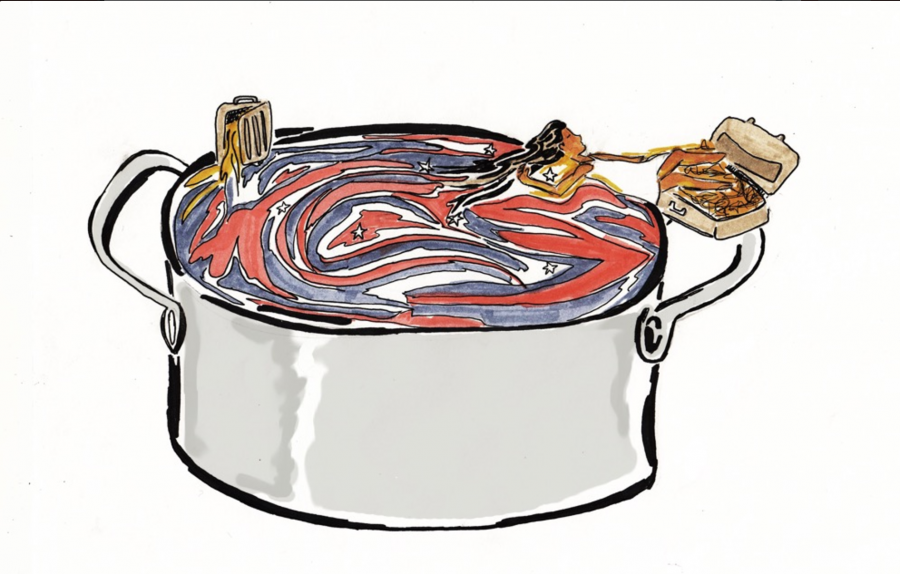


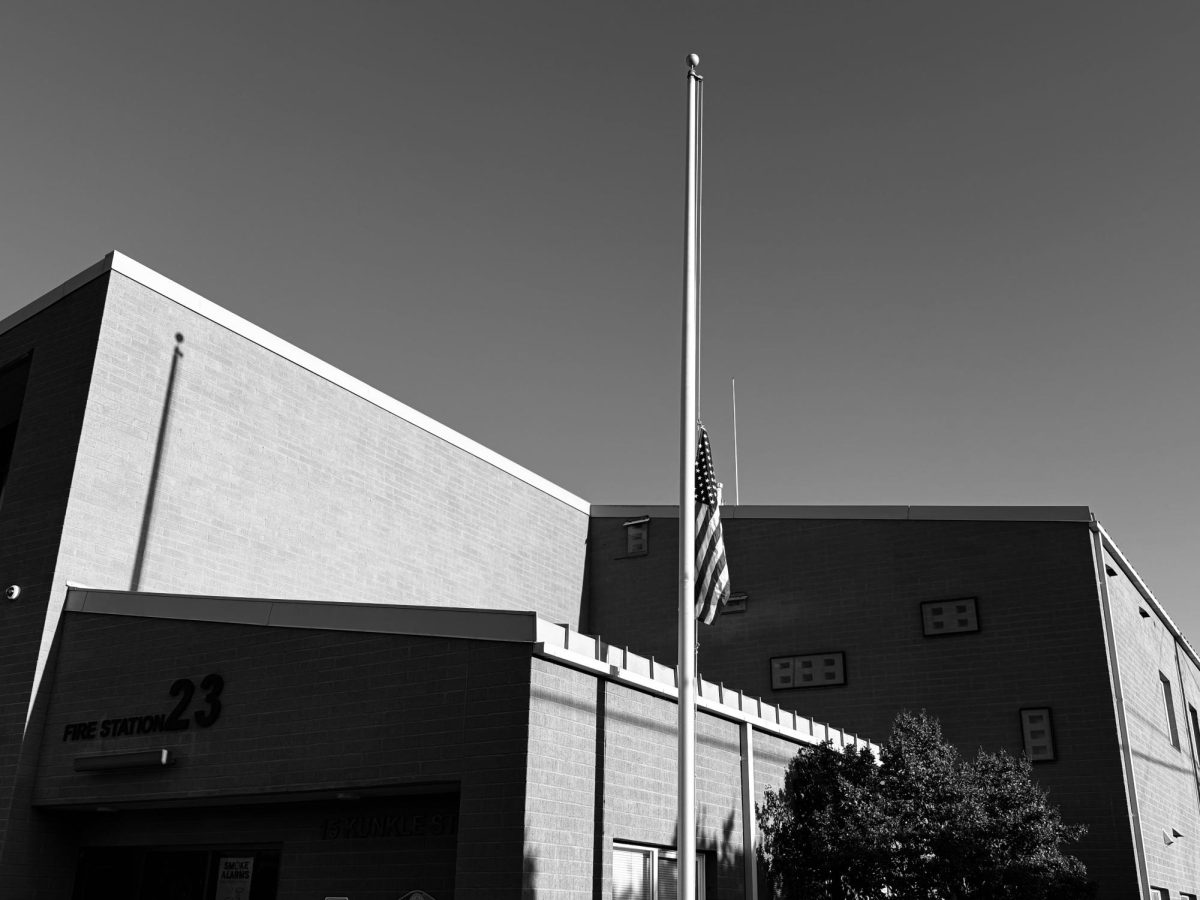



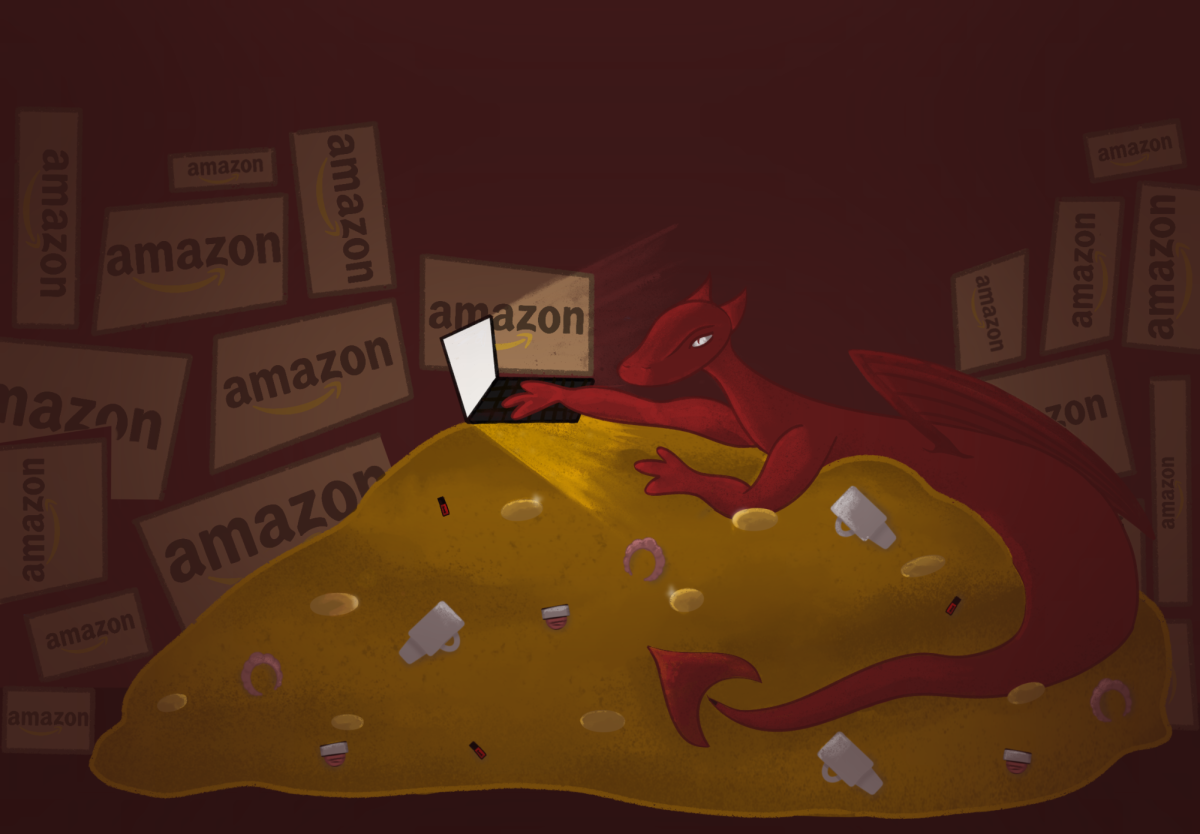


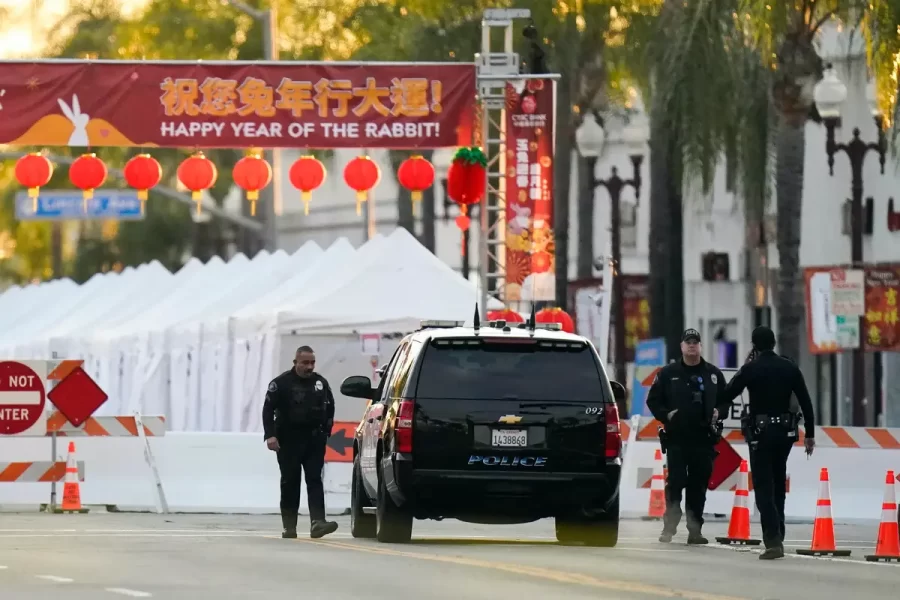
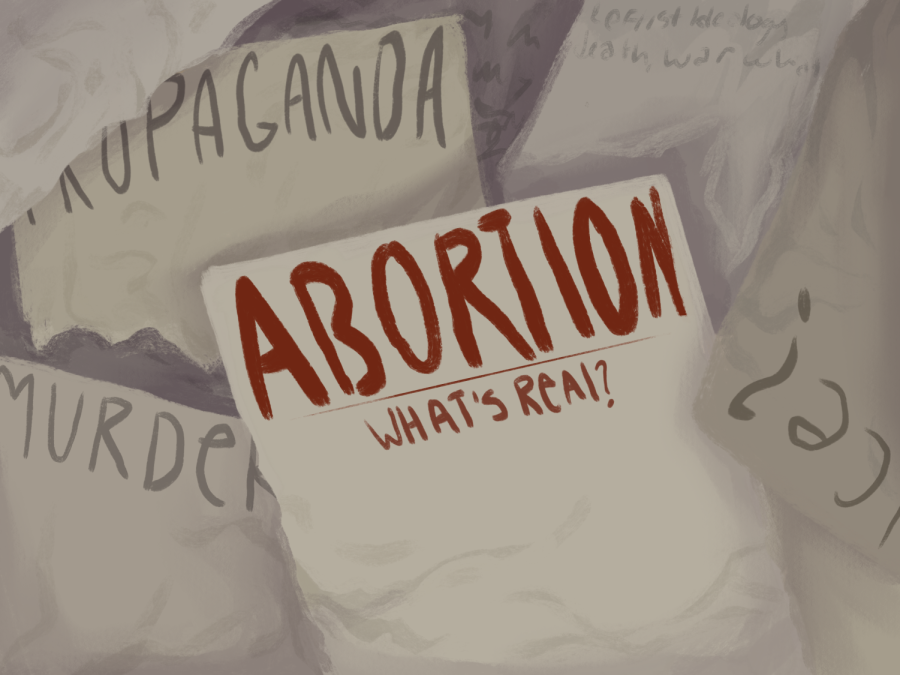


John Doe • Dec 24, 2022 at 8:49 pm
It’s important to know that the United States at the time in which European immigrants (mainly Eastern, but also Western as well) had immigration quotas. Immigration from Africa, Latin America, or Asia was unthinkable.
And I think if we only look at the positives and not the negatives of a certain time period, this would be misjudged. I don’t think your history class should just be talking about the positives of a certain era and talk about the negatives as well. It’s also important to judge things within the context of their times, and these things are seldomly seen as simple. As you have said, the correct answer in history is, “it’s complicated”.
America does like to glorify struggles of past immigrants because immigrants were the ones who founded the country. Immigrants who came here in the 1920s like Jews or Italians have been largely successful in the United States even in contemporary times. Actors like Leonardo DiCaprio is ethnically Italian, with his parents being Italian immigrants. Billy Wilder is a producer who is an immigrant from Austria, escaping persecution for his Jewish heritage. He then became a successful producer in the United States making films such as “Some Like It Hot,” “The Apartment,” and “Sunset Boulevard,” among many others.
America only values ethnic and cultural diversity if it benefits those in power? I do not see this to be very appropriate or accurate. We’ve seen nativist sentiment thrown against these immigrants and seldomly see it celebrated at the time of European immigration. I feel like you don’t realize that European immigrants still had it pretty badly and they weren’t just simply accepted because they were “white”.
There are cases of German-Americans being burned from hot oil because of the (supposed) relation to First World War. This sparked a negative reaction in the United States because many Americans thought that the German Empire was doing atrocious and violent acts against Belgium. Of course, the closest German entity in the United States were German-Americans.
Now for Little Japan, I think it is inaccurate and inappropriate to make a blanket statement for all white people. I think this might be considered borderline racist, if I am being honest but I will not make this my main case. White people is such a generalized term and even then it’s not very nuanced. Not all white people are moving into Little Tokyo because they make it their “accessories” and in fact, people of any race can do so. Not just white people. It’s absurd to me that one would assume every person of a specific race holds a specific opinion.
Gentrification is a complex topic and is not as simple as one might think. Gentrification can have both positive and negative impacts on a community. On the positive side, gentrification can bring new investment and development to a previously disinvested area, resulting in improved amenities and services for residents. It can also increase property values and lead to the revitalization of historic neighborhoods.
However, gentrification can also have negative consequences, particularly for long-term residents of a neighborhood who may be unable to afford the rising cost of living that often accompanies gentrification. This can lead to displacement and the loss of cultural and social ties within the community.
Gentrification can also result in the homogenization of neighborhoods, as new residents with higher incomes and different cultural backgrounds move in and change the character of the area. In some cases, this can lead to the displacement of long-time residents and the loss of cultural diversity within the community.
Overall, the impact of gentrification depends on the specific context and how it is managed. It is important for policymakers and community leaders to consider the potential consequences of gentrification and to try to find ways to balance the needs and interests of all community members.
It’s odd to say this would be “colonialism” as it’s a stretch to compare gentrification to countries practicing colonialism or imperialism.
As for Hawaii, I will have to say that if you want to make the argument that the United States “stole” the islands (which is emotionally charged) then you also have to say goodbye to California as well and virtually every other U.S. state. The United States was a result of a settler colonial society and if we want to disregard the Kingdom of Hawaii (now just Hawaii since it’s now a state) then we have to disregard the entirety of the U.S.
You need to come up with an argument that would satisfy why the annexation of Hawaii is not O.K. and why the annexation of California (or ascension to the Union) is O.K. as we would not be here if California were not a state. Or if you just believe that the U.S. is better off not existing in the first place, come up with an argument why that might also be the case as well.
It’s very complicated and not very productive to be mad that the United States was a colonialist society at one point in its history. We should learn from it yes, but we should not say they “should’ve done this and not done that”. You very rarely can change historical facts with that mentality and you start to get a bias from doing so. History students should be well aware of this fact.
You are correct in that American sugar planters and businessmen saw economic potential in Hawaii and worked to overthrow the Hawaiian monarchy and establish a new government that was more favorable to their interests. James Dole’s cousin, Sanford B. Dole, played a significant role in this process and was one of the drafters of the new constitution that was imposed on the Hawaiian King. This new constitution diminished the power of the Hawaiian monarchy and the rights of indigenous Hawaiians. The United States then annexed Hawaii and used the land and its people for economic gain, including for plantation labor. The commercialization of Hawaiian culture by the United States is also a factual aspect of this history.
It’s hard to say whether or not cultural appropriation of Hawaiians is good or not because it eventually comes back to the Hawaiians themselves. Some might see it as disrespectful or some see it as a way for foreigners to participate in their traditions or as economic benefits. You can’t make an entire blanket statement of an entire ethnic group. People are very rarely general and they are almost always nuanced.
I think it’s ridiculous for me to hate the United States. I am Vietnamese but I also respect and appreciate the beautiful culture and history of this great Republic. It’s diverse population and strong tradition of patriotism is what brings me so close to this great country. I know that no country is perfect but I know that this country has a lot to be proud of.
If the melting pot of the United States were a soup, I’d get two servings.